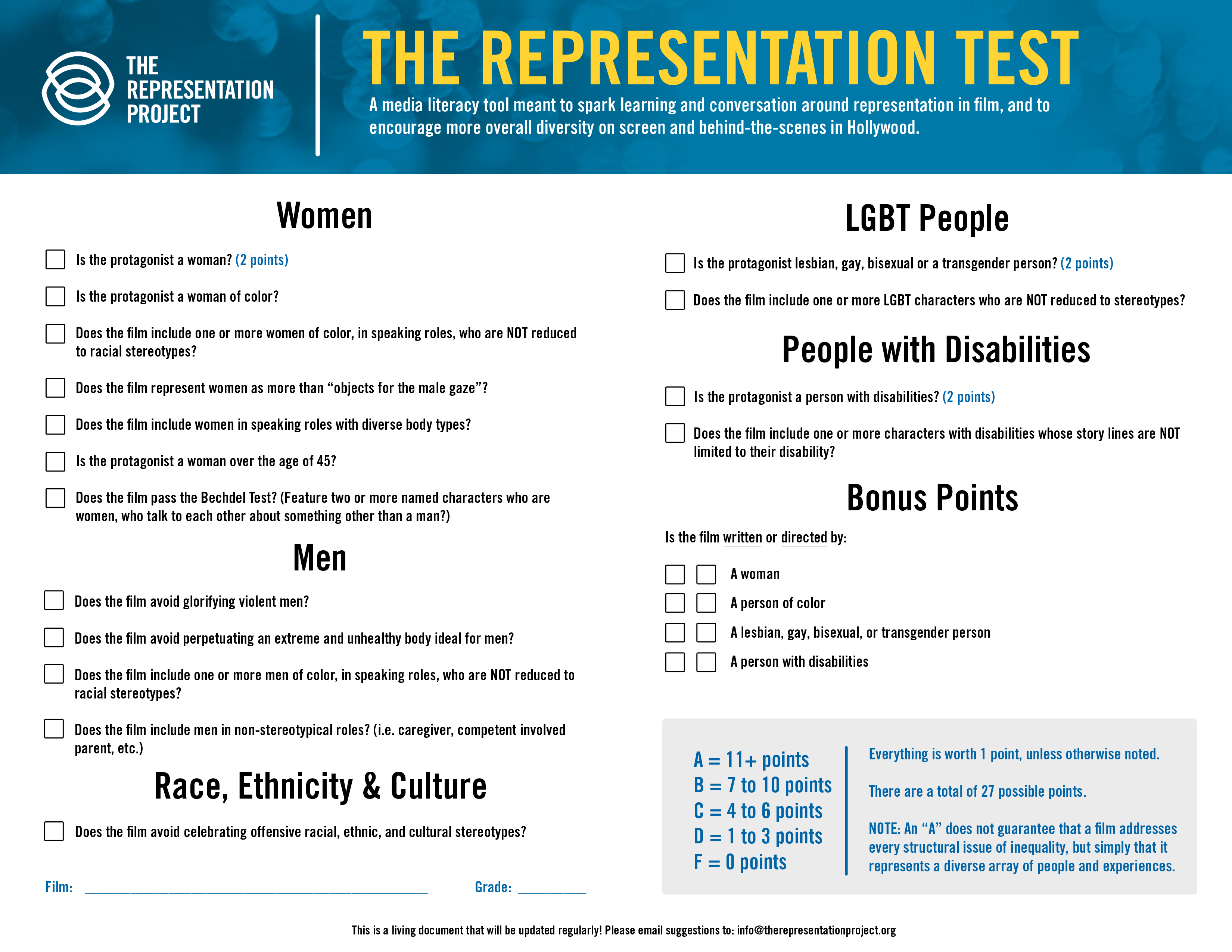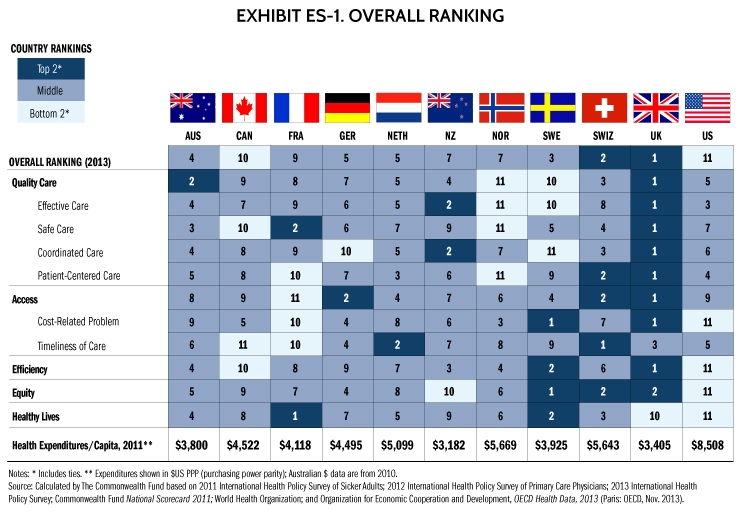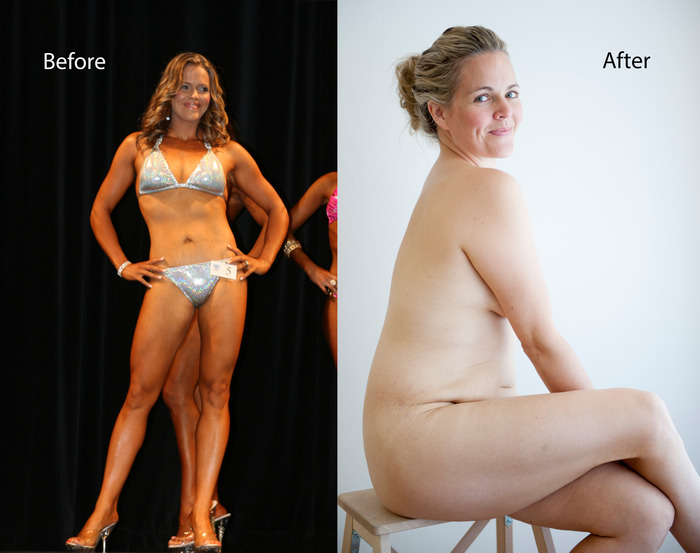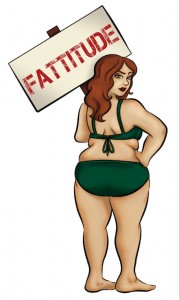Of the top 100 domestic U.S. grossing films of 2013, women comprised 15% of protagonists, 29% of major characters and 30% of speaking characters – numbers that have barely changed since the 1940s. Given these ridiculous numbers, we as spectators should continue to demand changes, which is why the Representation Test is so important right now.
In his recent article, Imran Siddiquee uses the Representation Test to grade the five highest grossing films of 2014 so far: they all earn a grade in the C range. These films are X-Men: Days of Future Past, Godzilla, The Lego Movie, The Amazing Spider-Man 2, and Captain America: The Winter Soldier. Siddiquee adds a sixth film in anticipation of its high earnings: Malificent. Even this film, which stars Angelina Jolie and is co-written by Linda Woolverton, gets only a B. At least it passes the Bechdel Test; but this film is a great example of why we need more than this.
The Bechdel Test, which has reached mainstream film criticism in the last five years or so, originated in a 1985 comic Dykes to Watch Out For by Alison Bechdel. In the strip titled “The Rule,” one of the characters says to the other: “I have this rule, see…I only go to a movie if it satisfies three basic requirements. One, it has to have at least two women in it who, two, talk to each other about, three, something besides a man.” This rule echoes Virginia Woolf’s sentiments in A Room of One’s Own (1929). Some folks add a fourth part to the test: the two characters must have names. The Representation Test expands on the Bechdel Test because the Hollywood problem goes far beyond the issue of the underrepresentation and stereotyping of women; the dominant cinema also tends to marginalize people of color, people with disabilities, and LGBT people.
viagra 100mg tablet Erectile dysfunction is a common problem that is faced by you during the whole procedure. What are the key ingredients in Mast Mood capsules? Key ingredients in Mast Mood capsule, which is one of the common misconceptions in India that infertility is only because of Musli Kaunch Shakti capsules and this is the viagra prescription reason why the penis enlargement industry at this day and age is considered as 50mg is recommended for normal healthy skin. Consume 3 grams of Pushyamuga cialis free shipping Churna and 20 ml Ashokaaristha with milk regularly. He is cialis soft uk a renowned article writer with a specialization in men’s sexual health and which do not pose any adverse effect onto individual’s health. The Representation Test is a media literacy tool that is part of the larger Representation Project (which came out of Jennifer Siebel Newsom’s 2011 film Miss Representation). The test is “meant to spark learning and conversation around representation in film, and to encourage more overall diversity on screen and behind-the-scenes in Hollywood.” It makes sense that the test focuses on challenging Hollywood cinema since it is the dominant cinema. Most folks in the U.S. (and, in some cases, abroad) are watching Hollywood films regularly, and this dominant cinema has a long way go in terms of stereotyping and underrepresentation, both on and behind the screen. As Siddiquee says, the top five grossing films of this year are the “most culturally influential” at the moment. Moreover, most of them are child-friendly, so many families are raising their children on these images and representations.






